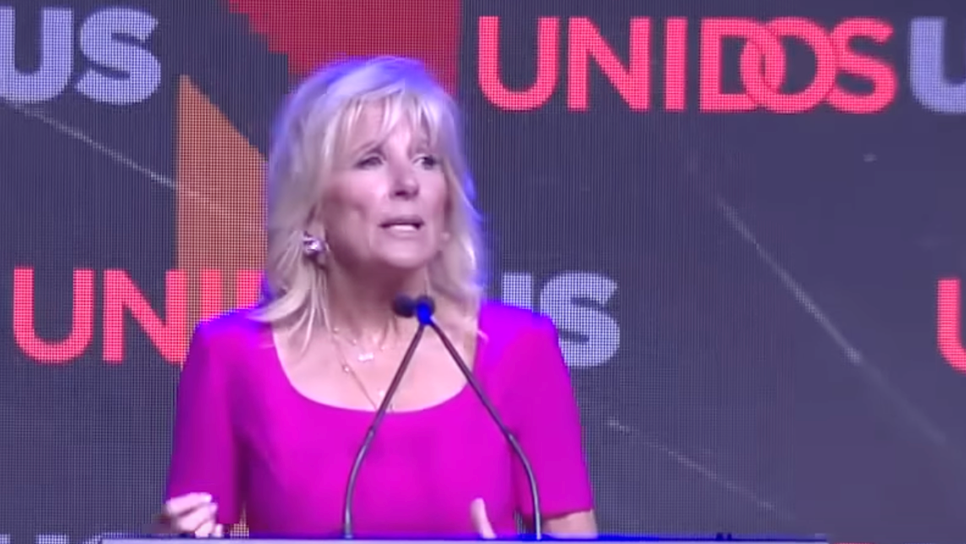Trudeau Faces Growing Pressure from Party to Step Down
In a dramatic turn of events, Canadian Prime Minister Justin Trudeau is facing significant pressure to resign as more members of his caucus express concern over his waning public support.
A poll from the Angus Reid Institute highlights a staggering decline in support for Trudeau's party, marking a new low as tensions escalate within the party over international trade issues and electoral prospects, as Newsmax reports.
Members of Trudeau's caucus have been vocal about the need for him to step aside to preserve his dignity and safeguard the party's future.
Calgary lawmaker George Chahal articulated these sentiments in a letter addressed to the caucus on December 27, urging Trudeau to consider resignation earnestly.
Rising Political Tensions Within Liberal Party
The backdrop of these developments includes former President Donald Trump's recent electoral return, accompanied by alarming trade threats, which have sent ripples through Trudeau's party. Trump has indicated potential tariffs that could severely impact Canadian economic interests, exacerbating existing tensions.
Chrystia Freeland, who was serving both as deputy prime minister and head of finance, has already vacated her position. Her exit signifies a shift within the party as members grapple with leadership changes and the potential implications of remaining under Trudeau’s leadership.
During a recent virtual meeting, 51 Liberal Members of Parliament from Ontario expressed their views on Trudeau's impact. The consensus was that Trudeau's stepping down could be crucial for the party as it braces for the upcoming election cycle.
Trudeau Contemplates Resignation Amid Holiday
Trudeau himself is currently taking a break in British Columbia, skiing and pondering his next steps. He plans to continue in this reflective state until January 6, considering both the party's needs and his own political legacy.
The prime minister's tenure as head of the Liberal Party began in 2013, a period during which he experienced soaring popularity. However, recent trends indicate a sharp decline in public support, creating a dichotomy with past sentiments.
Despite recommendations from colleagues, the ultimate choice rests in Trudeau's hands. A senior source within the Liberal Party disclosed that Trudeau's focus is less on legacy and more on strengthening the party as it moves forward.
Liberal Party Faces Dire Polling Numbers
The polling numbers from the Angus Reid Institute reveal that the Liberal Party's public support has plummeted to 16%. This historic low has further fueled calls for a leadership change, with party members alarmed about the impact on election results.
The pressure from within the party shows no sign of relenting. The resignation request is viewed by some as an opportunity to reinvigorate the party and present a fresh face to voters fatigued by current leadership.
Trudeau's inner circle and senior party members are reportedly engaged in discussions, managing concerns over party unity and strategic planning for any potential leadership transition.
Trudeau's Legacy Considerations Loom Large
As Trudeau weighs his options, his decision could be pivotal not only for the party's immediate future but also for his legacy. This juncture raises questions about the strategies he might employ to navigate through the political pressure.
The sentiments expressed by George Chahal and echoed by others within Trudeau's caucus underline the gravity of the situation.
Trudeau's decision, whether to maintain his position or resign, will likely have lasting implications both for him as a leader and for the Liberal Party's trajectory.
The ongoing developments underscore a fragile moment in Canadian politics. Trudeau's contemplation on the ski slopes serves as a poignant reminder of the critical junction at which both he and his party stand.
Amid these uncertainties, all eyes are on Trudeau, awaiting his decision that could reshape the political landscape of Canada.




